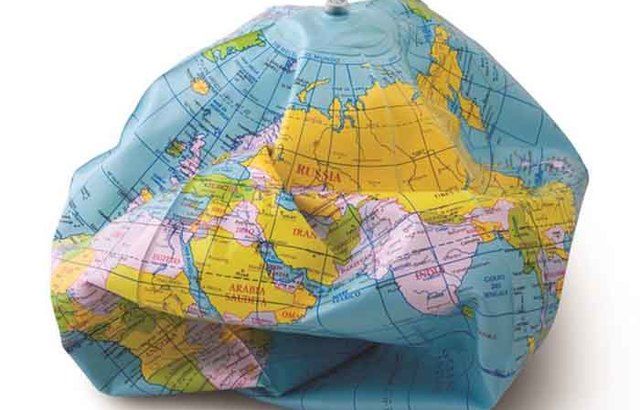Financial conditions have “tightened further” in recent months – especially in Europe – according to the latest quarterly outlook report from Robeco.
In Stuck Between a Rock and a Hard Place, the Dutch asset manager stated it had also seen “further tightening” in lending standards, which it added had arisen from the rapid rise in interest rates around the world.
“Financial conditions have tightened further,” said Sander Bus, CIO and lead portfolio manager global high yield bonds, and Reinout Schapers, a portfolio manager, at the firm. “Many industrial sectors are starting to feel the pain.
“This is especially true in Europe, where a higher percentage of loans are at the floating rate, which means the pass-through is rather quick. New loans have slowed down markedly. Capital expenditure in developed markets is not contributing to growth, despite anticipated secular support from programmes like the Inflation Reduction Act or the onshoring of the tech industry.”
The pair also drew attention to China reducing its reliance on foreign trade and moving instead towards consumer and high-tech industry, adding: “The latter is bad news for European industry, and more profoundly in Germany, which has benefitted greatly from trade with China and a better competitive position that lower energy prices in Europe had brought.
“Europe no longer receives cheap natural gas from Russia. Gas prices may have come down due to an extremely mild winter but are still very high compared to levels before the Ukraine war. As such we are slightly more cautious towards European corporates.”
Sticky inflation
Elsewhere, the report noted that European economies remain vulnerable, with the ECB also vigorously trying to bring down Europe’s sticky inflation – according to the latest figures from Eurostat, that stood at 7.1% in May, while food inflation around the same time was above 15%.
Last month, Expert Investor reported on how Germany had slipped into recession. Back then, we wrote that the latest figures from Destatis showed the German economy contracted 0.5% in the last three months of 2022 and contracted a further 0.3% in the first quarter of 2023.
It had been predicted that GDP would remain at 0% for the quarter, averting a recession but remaining stagnant. Now, fears over the fallout from the war in Ukraine and a fall in industrial production have been realised. Since then, the entire eurozone has slipped into recession, according to CNN.
As The New York Times wrote: “The downturn mirrors a contraction in Germany, the eurozone’s largest economy, which reported last month that data from the first three months of the year showed its economy had fallen into a recession amid the energy price shock.”







